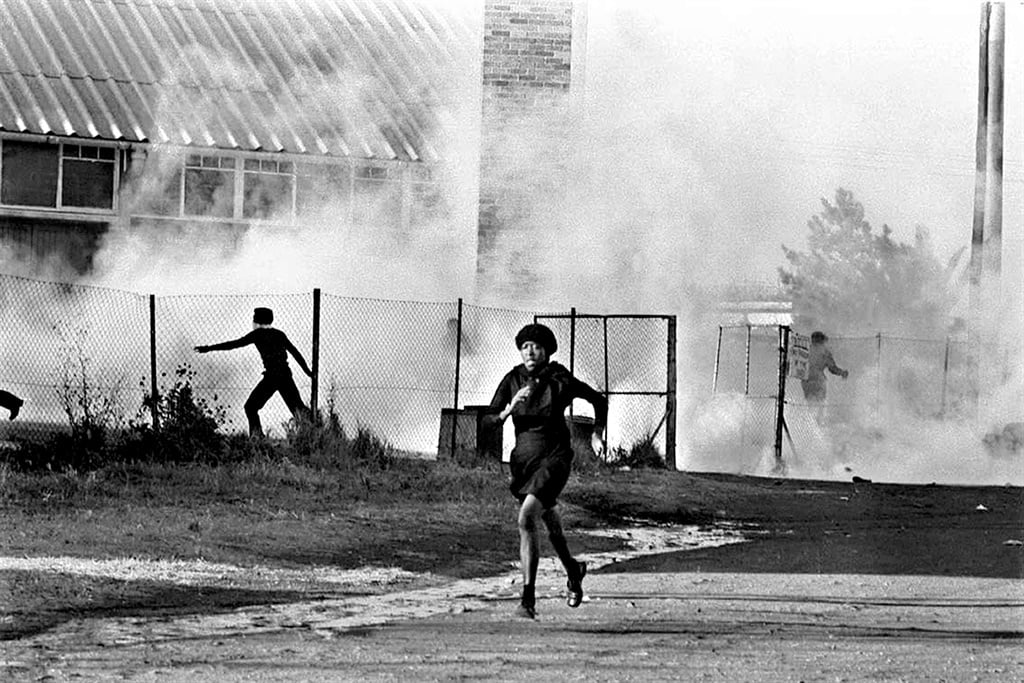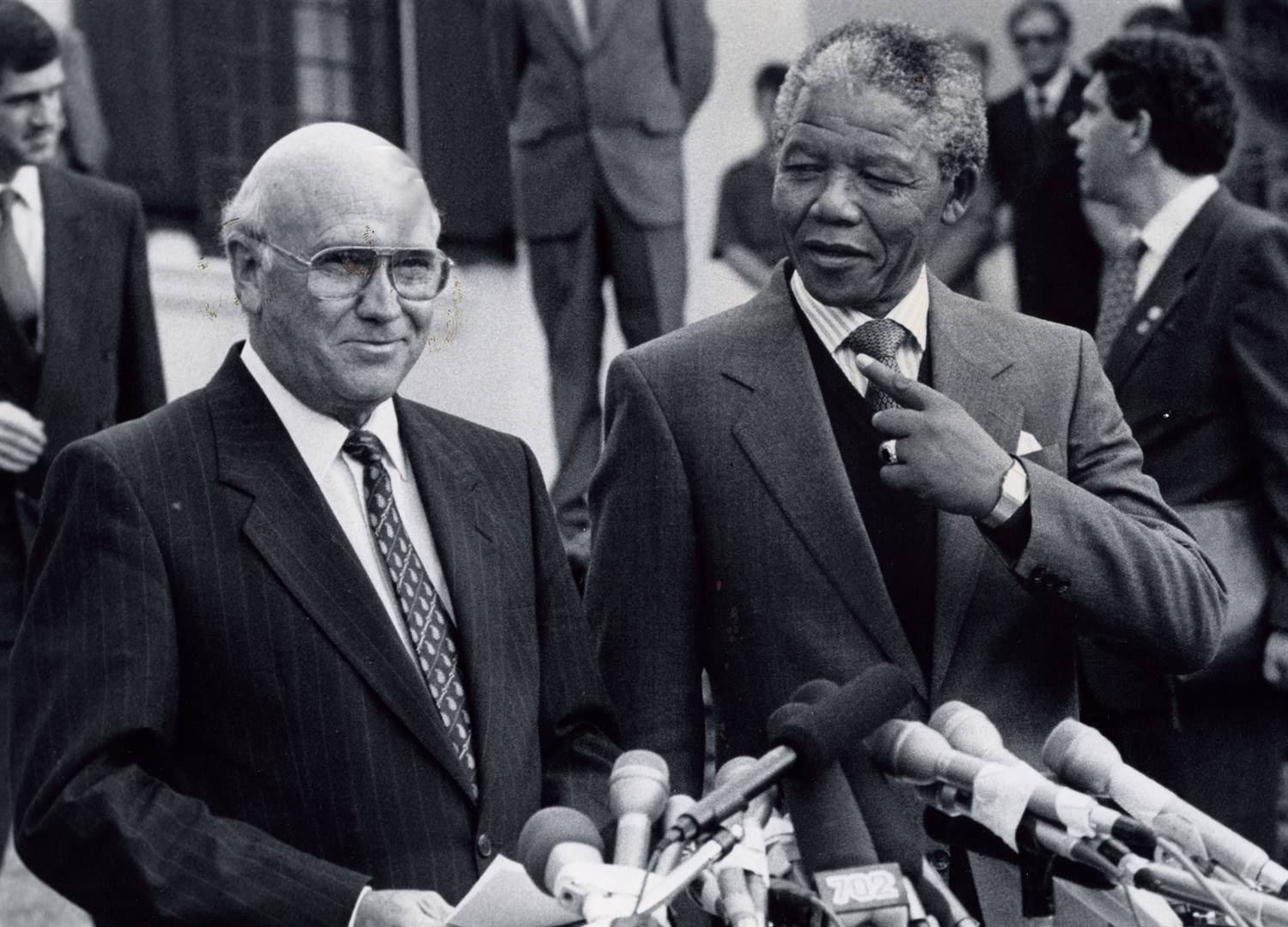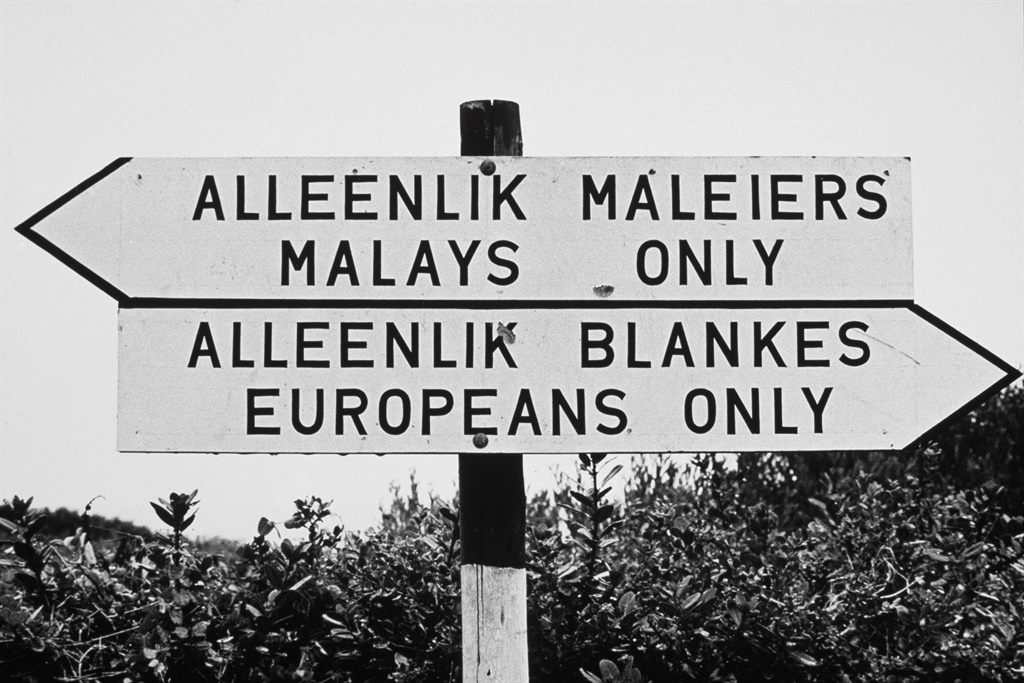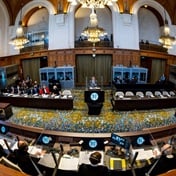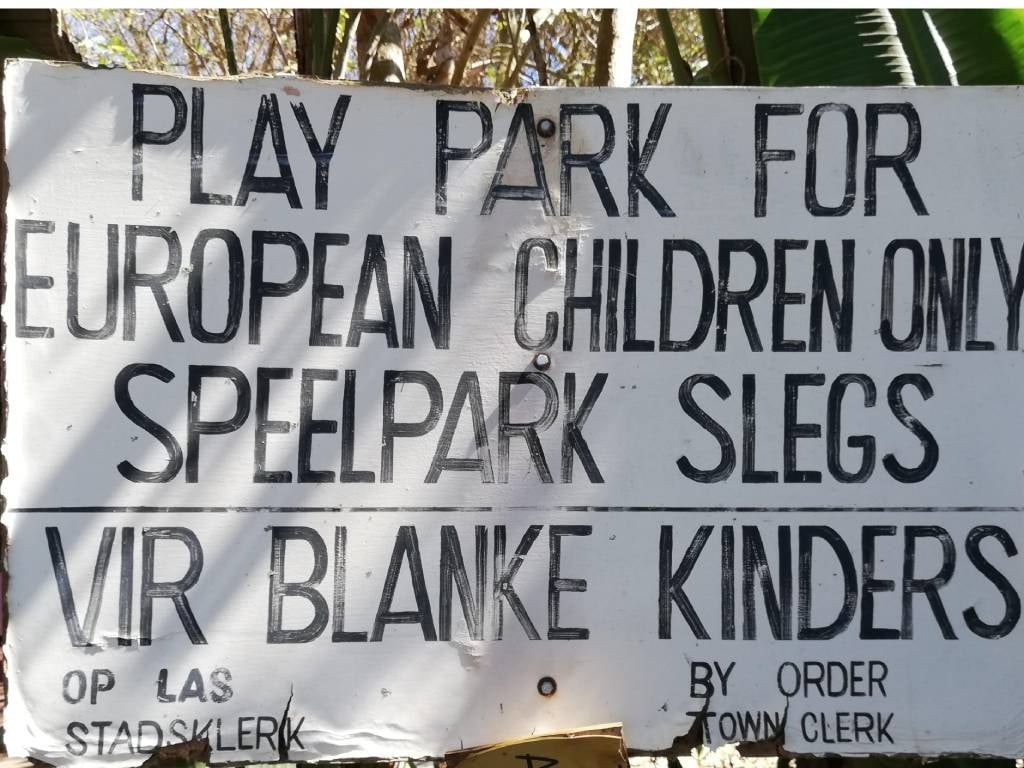
Thirty years ago, South Africa abolished the last legal foundation of apartheid, bringing the curtain down on a nearly 50-year system of racial segregation designed to cement white dominance. Here we look back on this complex mesh of laws, whose vestiges were swept away on 30 June 1991.
Apartheid - an Afrikaans-language word meaning the state of "apartness" - became official government policy in 1948 when the conservative National Party took power.
It formalised a system of domination that had been in place since European settlers started arriving on the southern tip of Africa more than 300 years before, most coming from the Netherlands and Britain.
Rooted in the doctrine that human beings were separated by race, apartheid was built on laws that classified people as either "native" (black), "coloured" (mixed race), "Asian" or "white," according to skin colour and other features.
READ | NPA to set up specialist unit to probe, prosecute apartheid-era atrocity crimes
The races were separated in every aspect, including at school, work, and hospitals, and where they could live and shop.
Jobs were reserved for certain races and marriage and sex across the colour bar was forbidden. Even beaches, buses, park benches and public toilets were separated according to racial category.
White minority rule
Whites made up less than 20% of the population but owned more than 80% of the land. They controlled the economy, including agriculture, the lucrative mining sector, and all political levers.
READ | Why do hundreds of apartheid files on freedom fighters remain secret, 26 years into democracy?
Blacks were relegated to inferior jobs, education and services and denied a vote.
They were made to live in neglected townships on the outskirts of urban areas or in various disadvantaged ethnic-based homelands called "Bantustans", where bogus elections were held.
Until 1986, black South Africans were obliged to carry a passport-like document called a "dompas" which restricted their movements.
To maintain the system, the apartheid government imposed severe censorship and relied heavily on its security forces, with compulsory conscription for white males between 1967 and 1993.
The fightback
The African National Congress (ANC) led the resistance to apartheid, first adopting non-violent tactics such as strikes, boycotts, and civil disobedience campaigns.
Among the first major protests was a boycott of government buses in the Alexandra township in 1957.
In 1960, a march in Sharpeville against the hated pass books became a massacre when police opened fire on the crowd, killing 69 blacks.
That same year the government banned the ANC and other black opposition and imposed a state of emergency. Underground and in exile, the ANC turned to the armed struggle.
In 1964, one of its leaders, Nelson Mandela, was sentenced with others to life in prison for sabotage. He was behind bars for 27 years, becoming the world's best-known political prisoner of the time and an icon of the anti-apartheid struggle.
On 16 June, 1976, security forces opened fire on black youngsters protesting in Soweto township against an order that schools only teach in Afrikaans.
At least 170 people were killed, with some estimates putting the death toll at several hundred over the following month following the Soweto Uprising.
Sanctions
The Sharpeville massacre brought world attention to the regime's brutal repression, leading to the start of its international isolation.
South Africa was excluded from the Olympic Games, expelled from the United Nations, put under arms and trade embargoes.
Internationally renowned personalities became activists against apartheid, with a major rock concert at London's Wembley Stadium in 1988 honouring Mandela.
Apartheid abolished
It came as a shock when in 1990 President FW de Klerk, in power for just five months, announced the legalisation of the black opposition.
Within days Mandela walked free after nearly three decades in jail. Less than a year-and-a-half later, apartheid was officially over, the last of its discriminatory laws struck from the statute books on 30 June 1991.
Its dismantling was celebrated with the 1993 Nobel Peace Prize awarded to Mandela and De Klerk.
The transition to democracy was not without hurdles. White extremists violently resisted the change and rivalry between ANC militants and the Zulu party Inkatha erupted into deadly violence.
The first all-race elections were held in 1994 and black South Africans queued for hours to cast a vote for the first time in their lives.
The ANC won by a landslide and Mandela became the country's first black president.
Apartheid was over though its legacy - psychological division, social scars and economic disparity - still lingers.
Did you know you can comment on this article? Subscribe to News24 and add your voice to the conversation.




 Publications
Publications
 Partners
Partners






